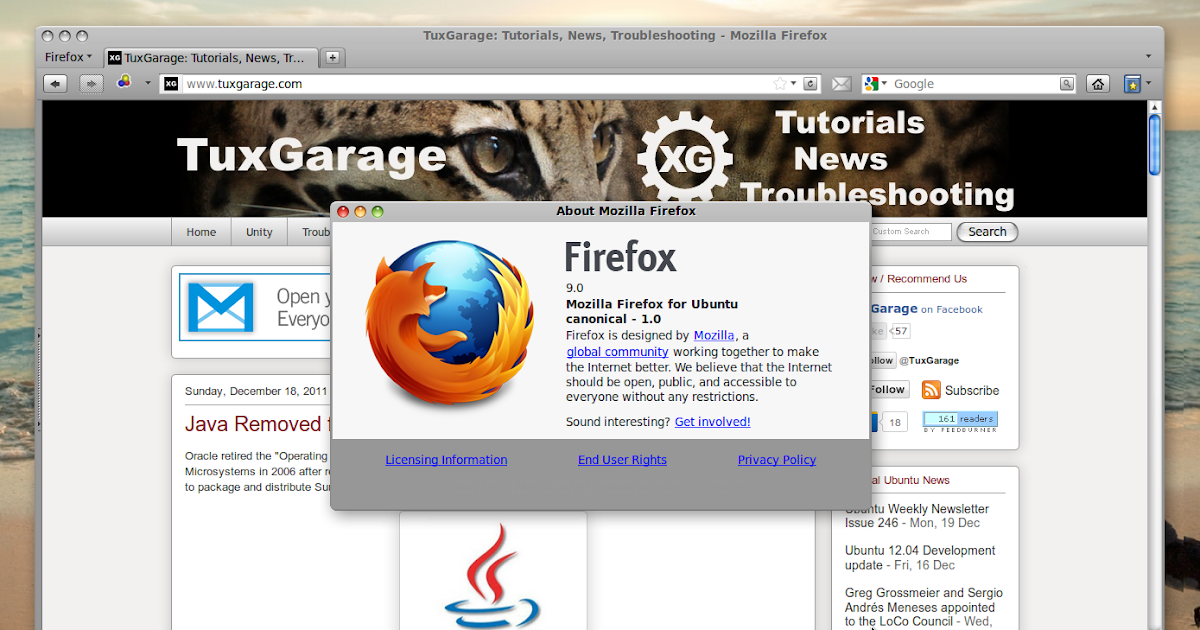

Your web app can sit next to native applications as first class citizens. These technologies allow the app to be launched directly from the device's home screen, rather than the user having to open the browser and then navigate to the site by using a bookmark or typing the URL. This article explains how to achieve this using the web app's manifest. The installed web app can then be launched by users just as if it were any native app. I created a bit more detailed explanation of how this project works in the repository wiki.In the last article, we read about how the example application, js13kPWA, works offline thanks to its service worker, but we can go even further and allow users to install the web app on mobile and desktop browsers that support doing so. The program installs an independent Firefox runtime, patches it with the UserChrome modifications to reorganize the Firefox UI and remove all unnecessary UI elements, and handles installing and launching PWAs. It is written in Rust and handles features that the extension alone cannot do. If you use Firefox and want to install websites as standalone apps, please give it a try! Remember to post any feedback, ideas, feature requests or bug reports on GitHub :)įeel free to also check it on ProductHunt and leave a review there.īrowser extensions normally cannot launch arbitrary programs and modify browser UI, so my extension uses Native Messaging API to communicate with the native program. You can check installation and usage instructions in the repository wiki. You will need to install the native program you will be prompted to install it after installing the extension. To use the project, you can download the extension from the Firefox Add-ons store.


 0 kommentar(er)
0 kommentar(er)
